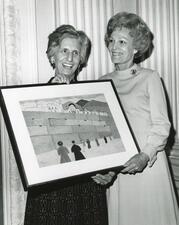Politics and Government
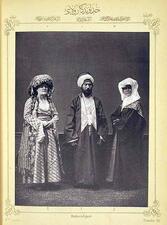
Turkey: Ottoman and Post Ottoman
The Jewish population of Turkey navigated far-reaching changes in the political, social, and geopolitical spheres in the late nineteenth and the early twentieth centuries, as the Ottoman Empire pursued reform and collapsed and the Turkish Republic that took its place imposed a process of “Turkification” on its residents. During this period, Jewish women partook in traditional customs relating to religion, family, and the home, while also accessing new opportunities in the public sphere through education and political engagement.
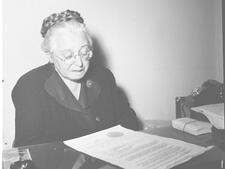
Sophie A. Udin
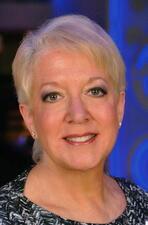
Roselle Ungar
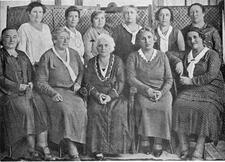
Union of Hebrew Women for Equal Rights in Erez Israel
Union of Jewish Women
Influenced by their American counterparts, Anglo-Jewish women organized a Conference of Jewish Women in 1902, which led to the foundation of a national organization, the Union of Jewish Women. The UJW determined the social service agenda for English Jewish women until World War I.
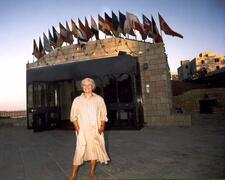
Lia Van Leer
A pioneer in the field of art film programming and film archiving in Israel, Lia van Leer was the founder of the Haifa Cinematheque, the Jerusalem Cinematheque, the Israel Film Archive, and the Jerusalem Film Festival. As a result of her work, film in Israel is seen as an expression of culture and art and is funded by government agencies.
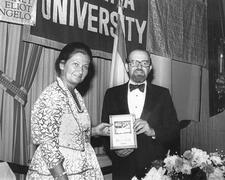
Simone Veil
Holocaust survivor Simone Veil was a pioneer in the French government and the European Union. As Minister of Health, she presented and successfully argued the law decriminalizing abortion in France. She was the first woman to preside over the European Parliament and the fifth woman to be interred in the Panthéon.
Rose Viteles
Rose Viteles was an American-born social worker and volunteer who, after moving to Palestine in 1925, became involved in the operations of several Zionist organizations including Hadassah and the Haganah. Her help was essential before and during Israel’s War of Independence.
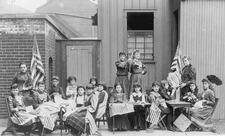
Vocational Training Schools in the United States
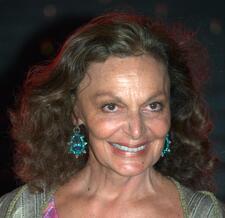
Diane Von Furstenberg
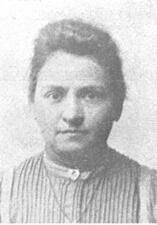
Roosje Vos
Roosje Vos was an organizer of the Dutch socialist movement and an editor of De Naaistersbode, the journal of the seamstresses’ trade union. She represented the interests of feminists and women in the movement, at times at odds with her fellow leaders.
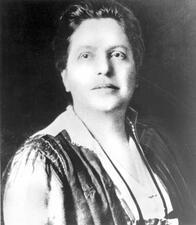
Lillian D. Wald
Guided by her vision of a unified humanity, Lillian D. Wald passionately dedicated herself to bettering the lives and working conditions of immigrants, women, and children. She founded the Henry Street Settlement in New York City and initiated America’s first public-school nursing program. A talented activist and administrator, Wald’s pathbreaking work continues to be memorialized.
Käte Wallach
Käte Wallach was a German lawyer who, due to her being Jewish, was unable to practice law in her country. After migrating to the United States in 1935, Wallach re-enrolled in law school, during which she was enthralled by library science and became a prominent scholar in both fields.
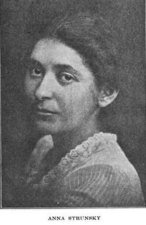
Anna Strunsky Walling
Anna Strunsky Walling was a Russian-born author, journalist, lecturer, and social activist. She produced several novels and memoirs and was involved in a number of political organizations, including the Socialist Labor Party and the National Association for the Advancement of Colored People, which she and her husband helped found.
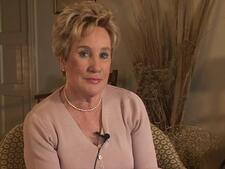
Miriam Waltzer
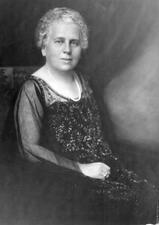
Frieda Schiff Warburg
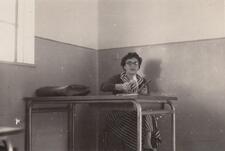
Charlotte Wardi
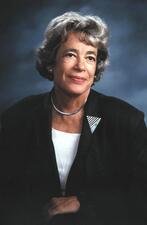
Elga Ruth Wasserman
Chemist Elga Wasserman – a recipient of a Ph.D. in organic chemistry from Harvard in 1949 and a J.D. from Yale in 1976 – is best known for overseeing the entrance of the first coeducational class at Yale College in 1969.
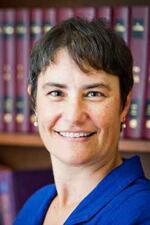
Deborah Waxman
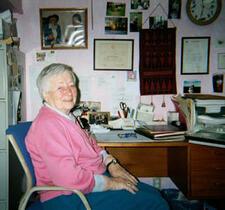
Gertrude Webb
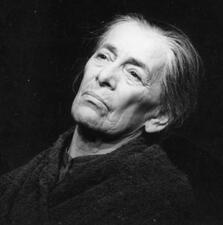
Helene Weigel as “Mother” in Bertolt Brecht's play The Mother. September 30, 1967.
Helene Weigel
Helene Weigel was an actress and director known for her maternal roles in Bertolt Brecht’s plays and her incredible kindness and generosity. Weigel married Brecht in 1922 and they fled Germany during the war, returning to East Germany after the war. Weigel was known for her strength, energy, diplomacy, and good humor as she managed an acting career and dealt with many challenges in her lifetime.
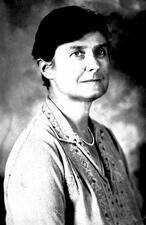
Gertrude Weil
A dedicated activist for women’s rights and racial equality, Gertrude Weil showed that local, small-scale political action could have far-reaching effects. Her decision to associate herself with a relatively radical social and political agenda was unusual for a southern woman and even more uncommon for a southern Jew. Weil, however, strayed from this norm, because she believed that women had a responsibility to participate in the political process.
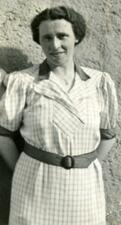
Helen Weil
Helen Weil was a devoted gerontologist in and around Cleveland, Ohio. A German-Jewish refugee herself, in addition to teaching at Western Reserve University, Weil developed thorough social services and programs for elderly Jewish residents at Montefiore Home before going on to found and direct the Schnurmann House.
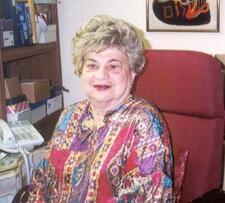
Hanna Weinberg
